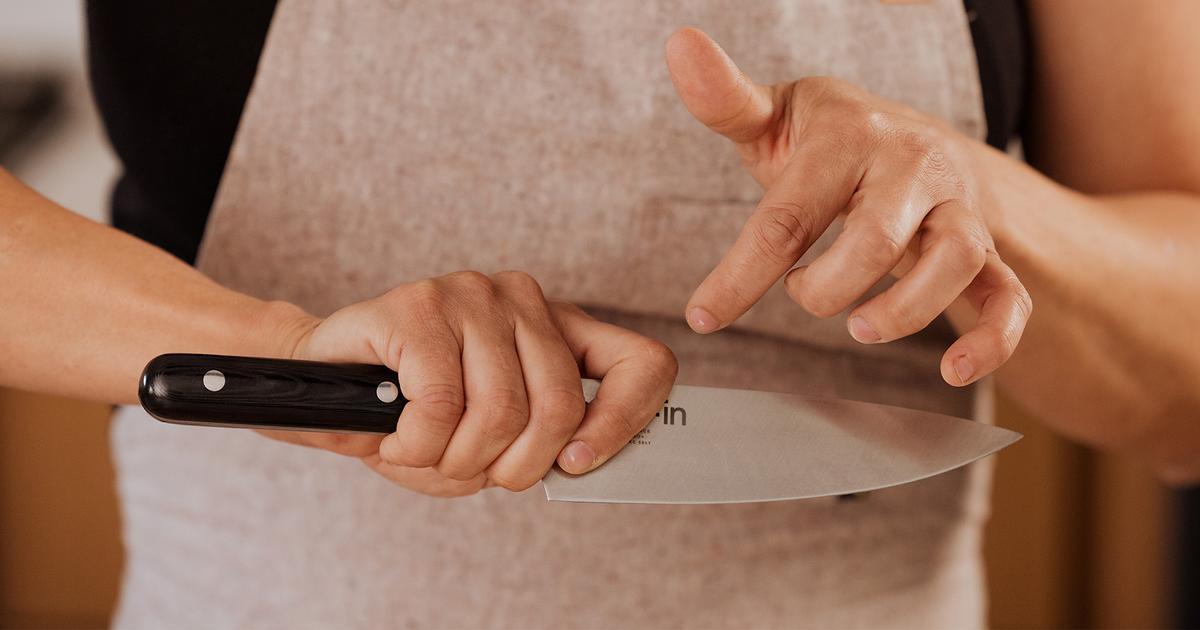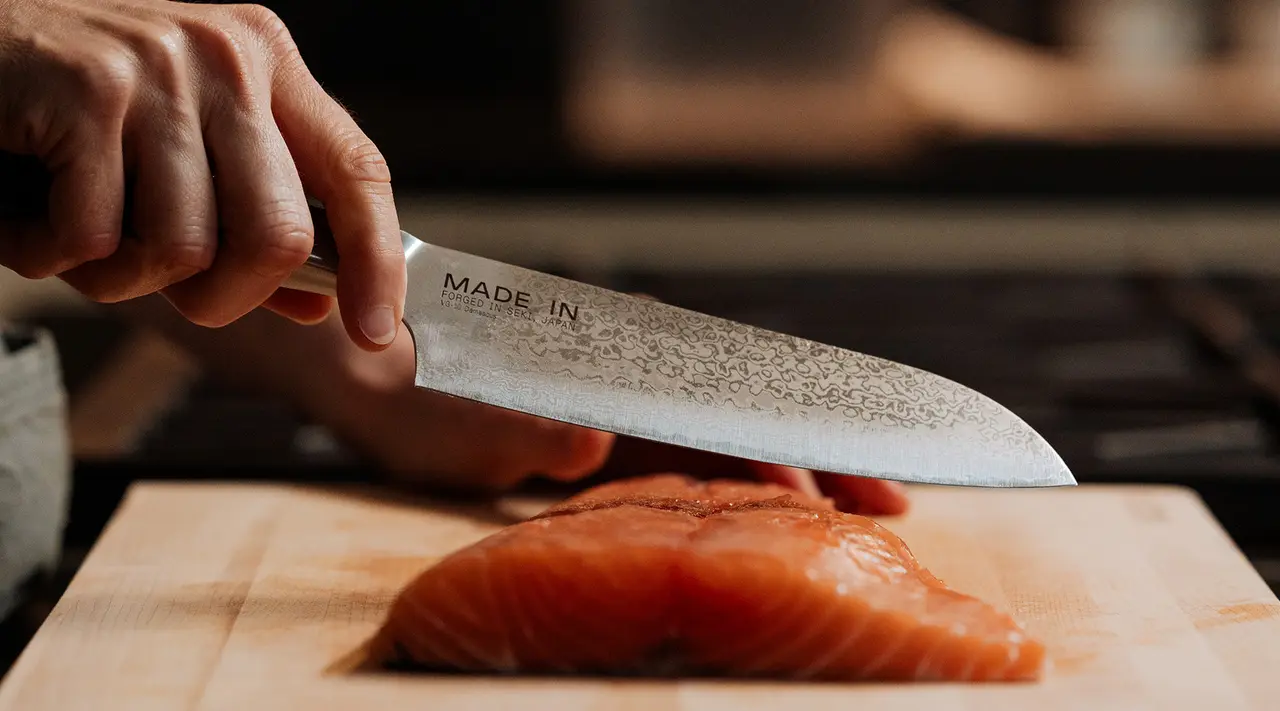For kitchen professionals, the art of selecting and maintaining a collection of German knives is both a skill and a passion. Known for their exceptional quality, durability, and precision, German knives are a staple in many culinary settings. Whether you're a seasoned chef or an aspiring culinary artist, understanding the nuances of these knives can elevate your cooking experience.
In this article, we'll delve into expert German knife collection tips that not only enhance your culinary skills but also ensure your knives remain in pristine condition. From choosing the right knife to maintaining its sharpness and longevity, we've got you covered.

The Craftsmanship Behind German Knives
German knives are renowned for their high-quality craftsmanship. Originating from the knife-making capital, Solingen, these knives boast a rich history that dates back centuries. The meticulous process of forging and tempering steel gives them their signature strength and durability. For more on the history of German knife-making, visit this article.
Key Features of German Knives
German knives are typically made from high-carbon stainless steel, which offers an excellent balance of hardness and resilience. This composition allows the knife to maintain a sharp edge while being resistant to corrosion and stains. For more on the composition, take a look at German knife steel composition.
Choosing the Right German Knife
Building a German knife collection starts with choosing the right knives for your needs. The most commonly used knives in a professional kitchen include the chef's knife, bread knife, paring knife, and carving knife. Each serves a specific purpose and enhances your efficiency in the kitchen.
Considerations for Selection
- Purpose: Identify the primary use of the knife. A chef's knife is versatile, while a paring knife is ideal for intricate tasks.
- Blade Angle: German knives typically have a blade angle of 20-22 degrees, providing robustness. Learn more about blade angles.
- Handle Comfort: Ensure the handle provides a comfortable grip, essential for prolonged use.
Maintaining Your German Knife Collection
Proper maintenance is crucial to preserving the quality and performance of your German knives. Regular care routines will keep your knives sharp and efficient.
Cleaning and Storage Tips
After each use, clean your knives with warm, soapy water and dry them immediately to prevent rust. Avoid dishwashers, which can dull the blade. For more cleaning tips, visit how to clean German knives.
Store your knives in a knife block or on a magnetic strip to protect the blades from damage. Proper storage prevents accidental nicks and maintains the knife's edge.
Sharpening and Honing
Regular sharpening and honing are essential to keep your knives performing at their best. Use a whetstone or a professional sharpening service for sharpening, and hone your knives before each use to realign the edge. For more tips, check out Victorinox Knife Care Tips.
Preventing Rust and Damage
Rust is a common enemy of steel knives. To prevent rust, ensure your knives are thoroughly dried before storage. Additionally, oiling your knives with food-grade mineral oil provides a protective layer against moisture. For rust prevention tips, refer to rust prevention.
Conclusion
For kitchen professionals, a well-curated German knife collection is a testament to skill and dedication. By selecting the right knives and maintaining them properly, you can ensure their longevity and performance. With the right tools and care, your knives will be a reliable ally in the culinary arts.

FAQ
What makes German knives different from others?
German knives are known for their durability and robust design, often featuring a thicker blade with a 20-22 degree angle, making them ideal for heavy-duty tasks.
How often should I sharpen my German knives?
It's recommended to hone your knives before each use and sharpen them every few months, depending on usage frequency.
Can I use a German knife for all kitchen tasks?
While German knives are versatile, using the right type of knife for specific tasks ensures efficiency and safety in the kitchen.


























